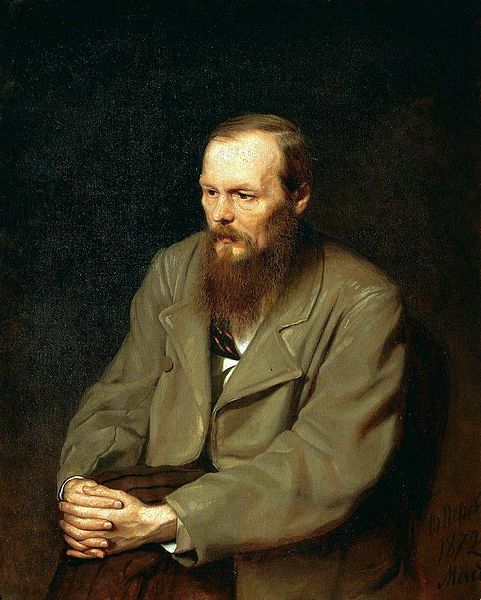Meeting with a Mentor

I’ve been slowly working through one of Eugene Peterson’s books on pastoral ministry called “Under the Unpredictable Plant: An Exploration in Vocational Holiness. ” The book is a lot about Peterson’s own journey as a pastor, and how he relates often with Jonah from the Hebrew Bible. Jonah was, in a word, reluctant. He’s the kind of guy you imagine always trying to sneak out the back door before he gets committed to something he’d rather not do. Jonah is famous for trying really hard to avoid the work God called him to, something I think we can all resonate with from time to time. Anyways, this is all beside the point for the moment, though I must confess I can relate to Jonah’s reluctance and have often named him as the biblical character I most identify with. The real reason I’m writing is because I’ve been getting all kinds of great treasures out of Peterson’s writing. One particular thing that’s stuck with me is this.
Peterson explains that during a really rough time in his ministry, about 10 years in, he began feeling very dry spiritually and began questioning his call (thus Jonah). He searched high and low for mentors, and having found none discovered with delight the Russian author Fyodor Dostoevsky. He dove head first into Dostoevsky’s writings, and offers some tasty summaries in his own book on a few of the important narratives he came across. Dostoevsky became for Peterson a mentor. He wrote in his daily planner three meetings a week with “FD” for two hours each, and over the course of about 8 months, or so, worked through the Russian’s entire corpus. He writes that Dostoevsky saved his ministry, it was that process of reading such deeply human narratives that sustained his imagination from that point forward.
Of course, what I gleaned from this was the importance of meeting regularly with a mentor, someone I want to emulate and who deeply inspires me. I already meet with a couple (living) people who I deeply value both spiritually and theologically, but this was encouragement to meet with someone who has gone on before. I spent sometime thinking through who this might be, and whether or not it needed to be just one person, or a series of people. I considered authors like Steinbeck and C. S. Lewis, Chesterton, Kierkegaard, and others but what I decided was that I would start out by reading through the late theologian James Wm. McClendon’s corpus. Reasons for this include I love what I’ve read of his already, his corpus is not overwhelmingly large and thus manageable from my point of view, he was an academic as well as a pastor, and finally, I love his narrative approach to theology. Currently, the book I am reading, Ethics, has a number of biographies of Christians such as Dorothy Day, Dietrich Bonhoeffer, and Jonathan and Sarah Edwards to name a few. These biographies precede whatever theology he sees exemplified in each particular person’s life. In other words, for McClendon, every theology, every confession, every Christian practice must be embodied in real people’s lives if it is to make sense to the church today. It’s great to talk about grandiose theological claims, but it’s quite another to actually live them out. McClendon helps to bridge the gap between these two things.
And so, I’ve begun meeting with McClendon, allowing his words, these narratives, his “baptist” (pastoral) theology to mentor me in these meetings.